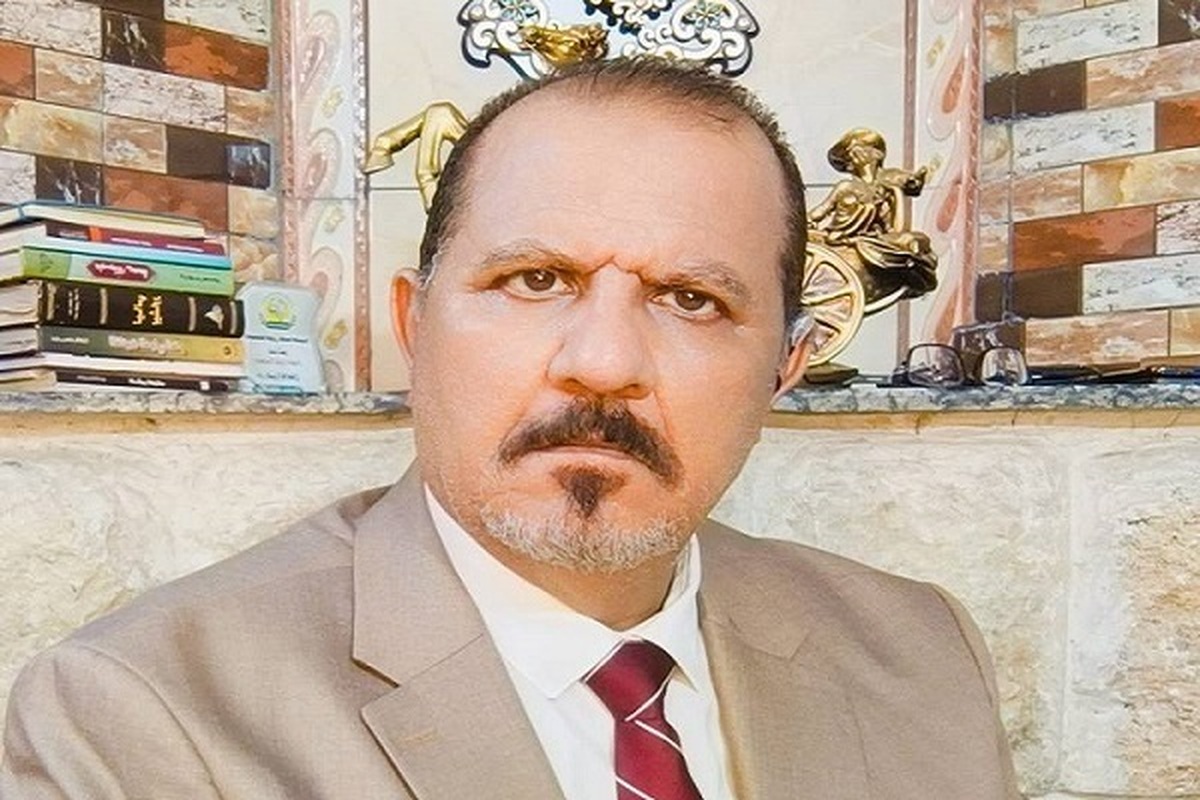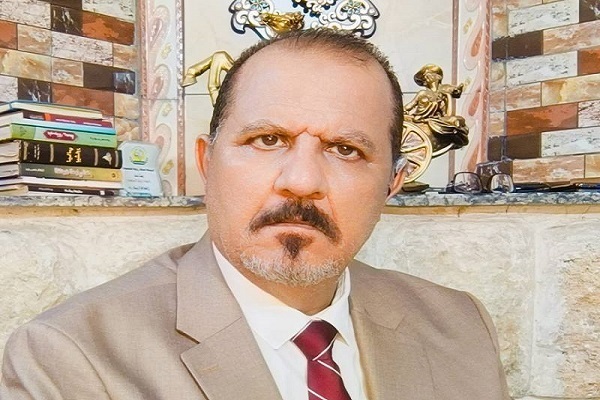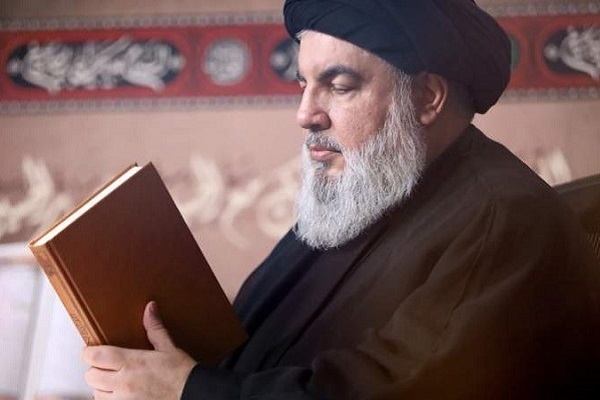Analyst Highlights Nasrallah’s Role in Turning Resistance into A Global Discourse


Speaking to IQNA on the anniversary of Nasrallah’s martyrdom, Hassan Arbash al-Amiri said the late Hezbollah leader caused the resistance to cross borders in a way that had a direct impact on world public opinion and led Israel and America into an unusual war.
Regarding the characteristics of the school of Martyr Nasrallah, he stated, “Nasrallah’s personality was an exceptional figure in the political, religious, and resistance scenes in the region and the entire world, and his power to achieve first-class leadership was not accidental, but rather resulted from personal and objective characteristics and traits such as leadership charisma and strength of character.”
Al-Amiri said Nasrallah had a powerful presence and effective discourse, with religious and political eloquence. “He had the ability to address the masses with the language of conscience and emotion. His calmness, humility, and dignity were visible in his speeches, which highlighted his image as a strong leader.
“Relying on his scholarly background in the seminary, through his connection with religious authority and while he was a student at the Najaf Islamic Seminary, Nasrallah went from being a student of Martyr Sayed Muhammad Baqir al-Sadr to being a student of Imam Khomeini (RA). He combined his political intellect as the secretary general of a political party with his military intellect as the leader of the religious resistance of Hezbollah as well as religious sciences, and was able to form an ideological base for his companions and enjoyed organizational and administrative power.”
He continued, “Since 1992, when Martyr Nasrallah took over as secretary general of Hezbollah in Lebanon, the party’s structure has been rebuilt and its military, social, and media institutions have progressed. Political pragmatism was one of the prominent characteristics of this martyred leader, and he did not remain confined within an ideological framework.”
Referring to Nasrallah’s power in speaking and attracting an audience, al-Amiri stated, “His media presence and good management of speeches increased his fans and followers, and even his enemies were attracted to him. He succeeded in portraying his image as a leader of Muslim fighters respected by his enemies as well as his friends.”
He added that Nasrallah was a battlefield fighter, and Hezbollah’s victories in the war with Israel, especially in 2000 and 2006, elevated his status as an Arab-Islamic symbol. “His power to stir up emotions against the Zionist enemy had also brought him widespread popularity, even outside his religious circle.”
Read More:
Regarding the future of the resistance in Lebanon and the region after the martyrdom of Nasrallah, the Iraqi analyst said that Hezbollah is not an individual party, but rather a leadership institution that includes a consultative council, a jihadi council, and a political council. “Therefore, it will continue its work although the absence of Nasrallah’s special charisma will leave a huge void. It is natural that the leadership policy changes with the change of leader, whether negatively or positively, and the qualities we mentioned earlier about this martyr make it difficult to replace a personality that fully matches the personality of Nasrallah. The person who was close to his personality was Sayed Hashem Safieddine, who was also martyred immediately after the martyrdom of Nasrallah. Therefore, it is natural that the Lebanese resistance is clearly affected by this issue.”

Asked about the influence of the Quran on the jihadist decisions of Martyr Nasrallah, al-Amiri said, “Nasrallah used to place the spiritual and faith aspects alongside resistance in most of his speeches. For him, the Holy Quran was not just a book to recite, but a source of inspiration and practical reference that was also reflected in his decisions.
Read More:
“Because he considered resistance a Quranic obligation and considered jihad against the occupation in accordance with the words of God Almighty in verse 190 of Surah Al-Baqarah: ‘And fight in the way of Allah those who fight you, and do not transgress.’ For this reason, he repeatedly cited the text of the Holy Quran and said that resistance against Israel is not a political option but a religious obligation.”
He was also asked about Nasrallah’s position in supporting the Palestinian cause and the resistance of the oppressed Palestinian people. “Martyr Nasrallah was a figure who crossed ethnic and religious boundaries and was an all-encompassing symbol for the Palestinian cause. After the 2006 war, his popularity in Gaza, the West Bank, and various parts of Palestine increased to the point where he was described as an Arab leader who has not given up on Palestine.”
Al-Amiri added, “Nasrallah always emphasized in his speeches that al-Quds and Palestine are the main issues of the Islamic world and reminded that the resistance in Lebanon and Palestine is a war against the Zionist project.”
4309149



